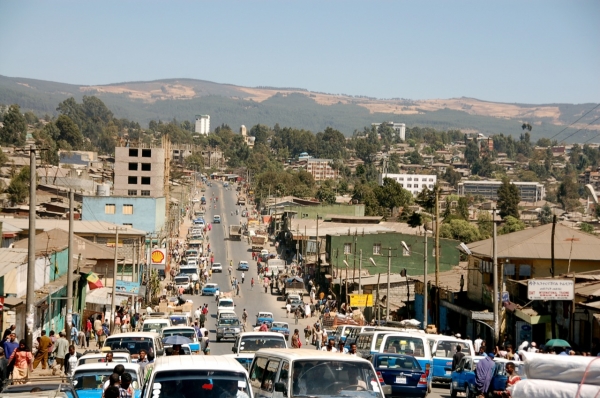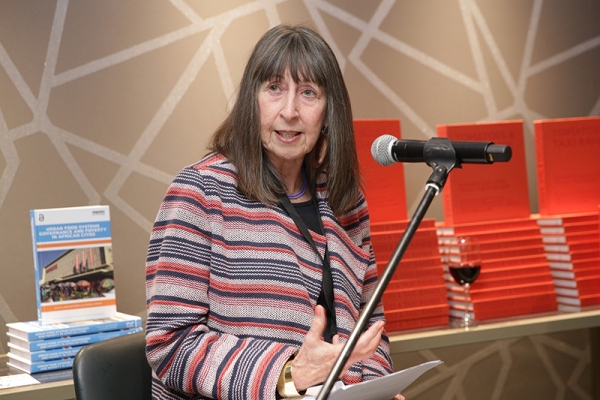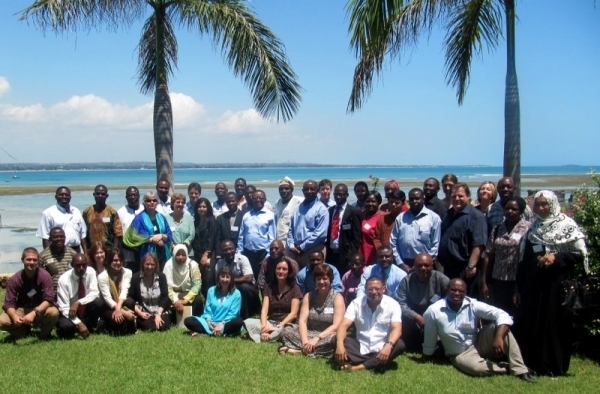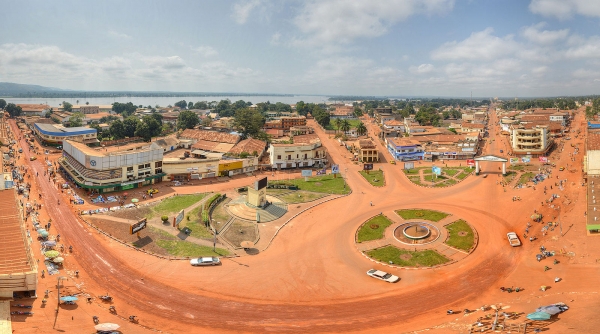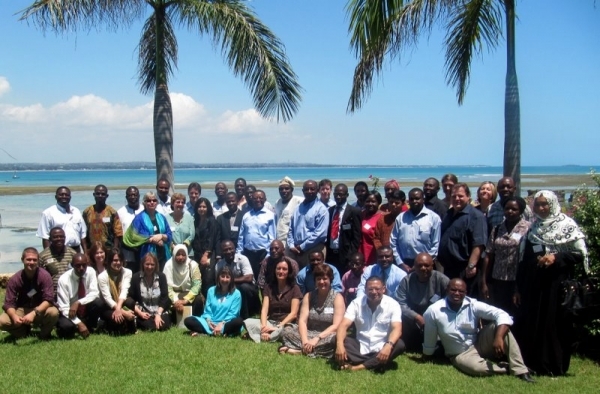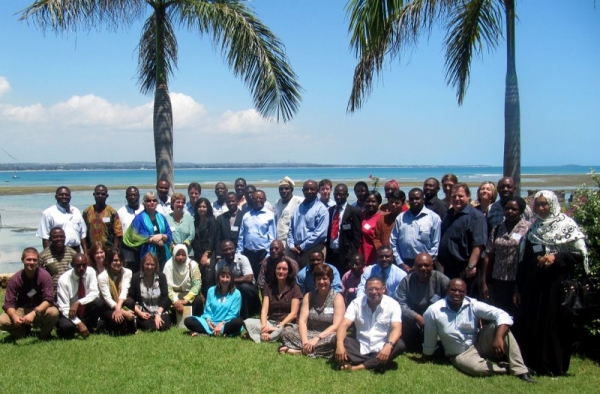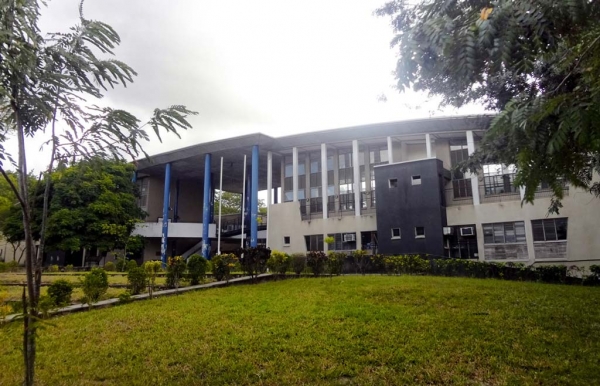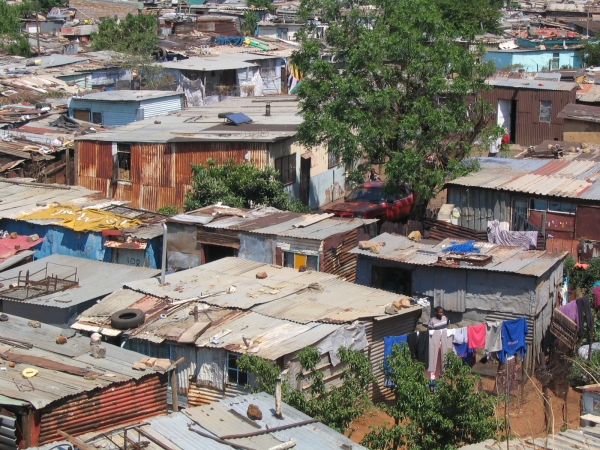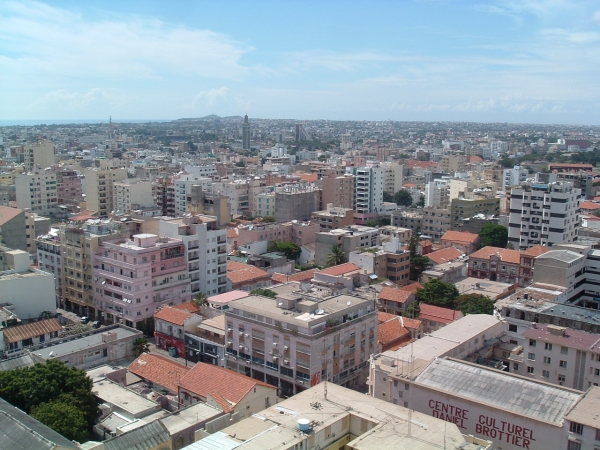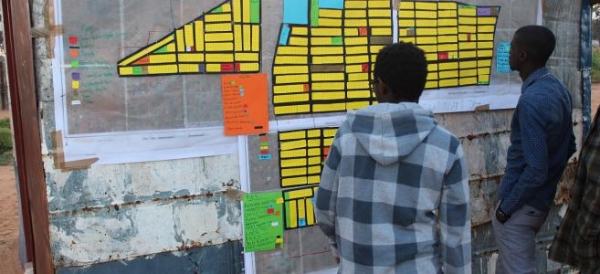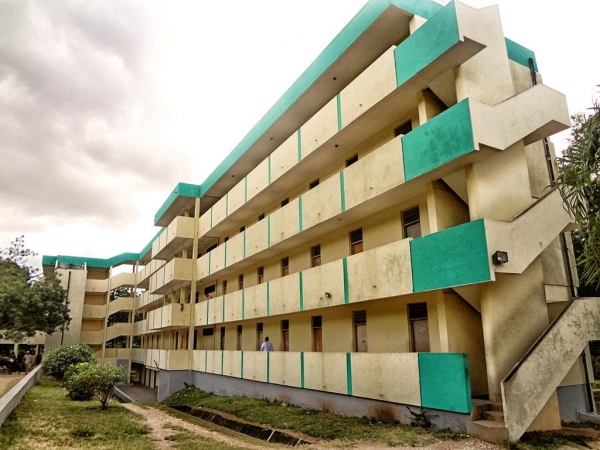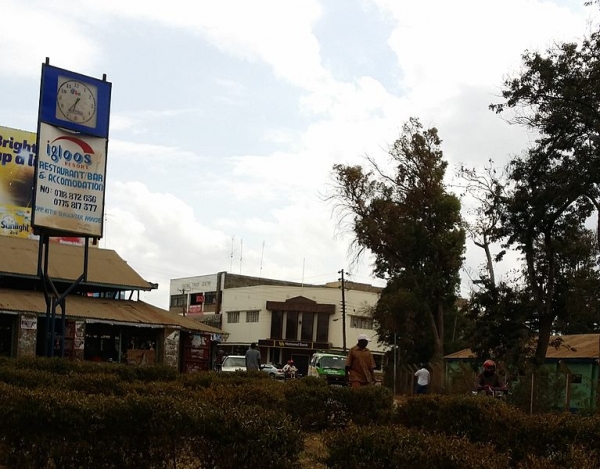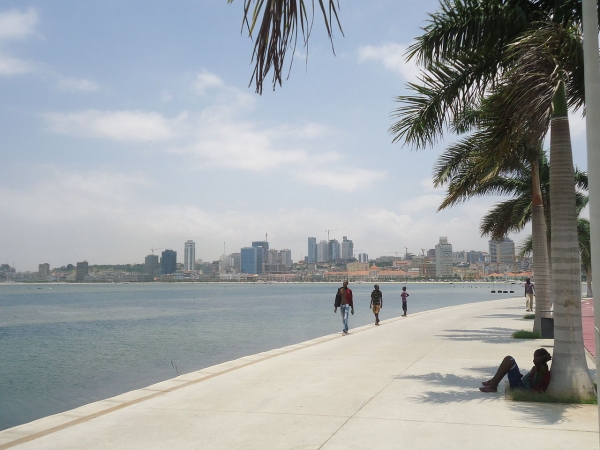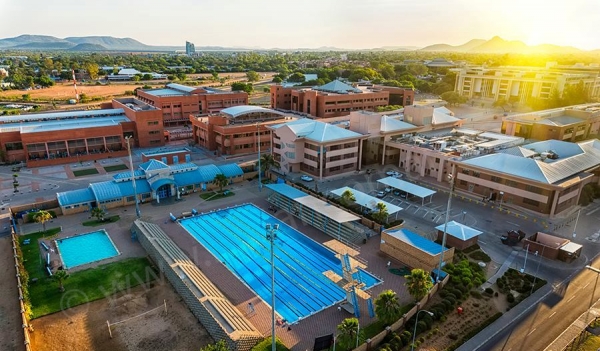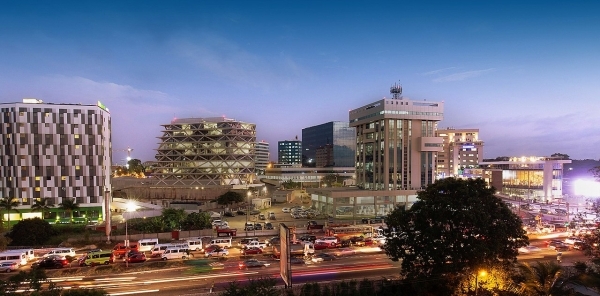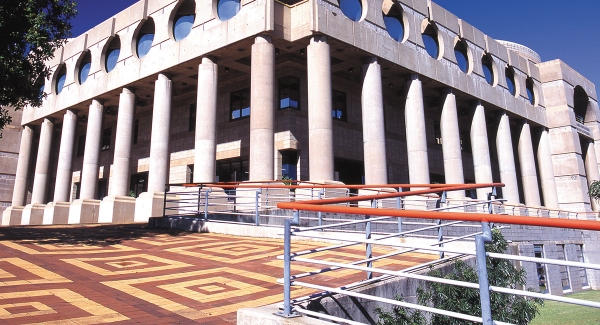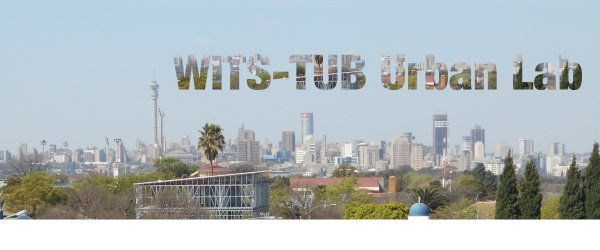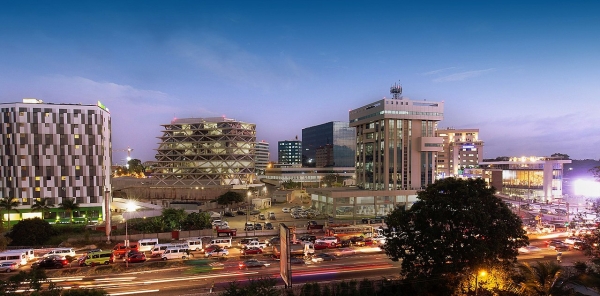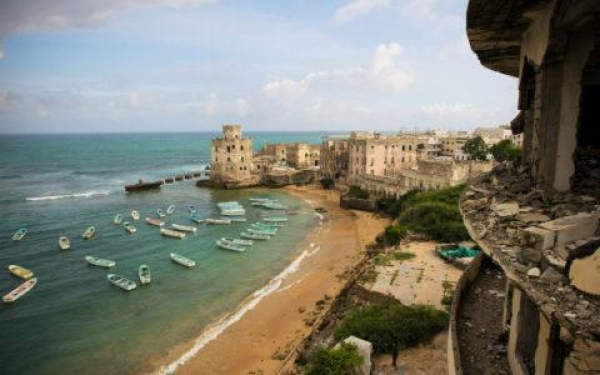The Department of Urban Studies and Planning at the University of Sheffield has advertised a fully-funded, full-time PhD studentship entitled Urban peripheries: Housing, politics and everyday life in sub-Saharan Africa.
This will be a competitively advertised scholarship with the recipient supervised jointly by Dr Paula Meth and Dr Tom Goodfellow.
Click here to read more about the research project and scholarship opportunity.
About the project
Cities within sub-Saharan Africa display rapid but variable urbanisation, changing patterns of segregation and integration, governance restructuring and investment. Peripheral areas outside the urban core are important spaces of transformation, containing large numbers of the urban poor but also elite enclaves, and are experiencing rapid population growth but with uneven economic opportunities and weak infrastructure, presenting significant governance and planning challenges. Both South Africa and Ethiopia, for example, have distinctive and extensive investment in public housing, infrastructure and related services, much of this in peripheral locations. Investment in infrastructure, transport in particular, has been influenced by international processes, including Chinese investment in Addis Ababa, which impacts on peripheral parts of cities in complex ways. At the same time, other areas are characterised by a complex mix of formal and informal processes. Governance can be weaker on the edge than in the core, or divided between adjacent authorities. Finally, social relations in peripheral areas are shaped by complex migration patterns and effects (including ethnic and nationality tensions), the particular forms of local community (some close-knit, others transient) and wider economic trends.
About the PhD
The PhD will form part of a wider project funded by the UK Economic and Social Research Council, and the National Research Foundation of South Africa (ESRC-NRF) exploring life in the urban peripheries of Addis Ababa, Johannesburg and Durban. In this wider project we argue that life in urban peripheries is characterised by unevenness in terms of economic and political inclusion. We use the methodological lens of ‘lived experiences’ in order to understand, from the perspective of diverse residents, the intersection of state, market and people’s practices in producing new urban spatialities on the peripheries of cities, and the poverty implications of these processes and experiences. Our project’s approach to understanding urban change builds on the small, but growing, research expertise on African urban peripheries (Beall et al 2015; Mabin et al 2013; Todes 2014; Yntiso 2008) and will examine seven cases within three African city-regions: Gauteng, eThekwini and Addis Ababa.
The successful PhD candidate will develop a research project which supports the intellectual aims of our wider project, building on our focus through an examination of trends within the urban peripheries of either the city-regions in South Africa or Ethiopia specified above, or a different city-region within sub-Saharan Africa. Candidates wishing to explore these issues in a country other than South Africa or Ethiopia should clearly justify why they think that country/city is relevant to the themes discussed above and would add value to the broader project. As well as specifying a particular city, the candidate has the flexibility to determine the particular focus of research. This could, for example, examine: questions of governance at varying scales; micro/macro- economic changes and their local impacts; dynamic social relations (gender, violence, health, welfare, migration etc.) shaped by the spatial-economic realities of the periphery; or the politics of infrastructural change (including housing, transport or focusing on ICT, energy, or water) in peripheral contexts.
The key purpose of the PhD project is to enhance and build the intellectual outcomes of the wider project, and for the wider project to support and provide context to the findings of the PhD. The successful candidate will have the opportunity to develop the project in line with their own interests and methodological preferences in consultation with the supervisors. Applicants should detail a proposed research focus in their application (around 1500 words), specifying the geographical location as well as the particular research problem they will address in relation to the peripheries of African cities.
Entry requirements
Interested candidates should in the first instance contact Dr Paula Meth.
- This studentship is available as a three-year PhD studentship.
- Applicants must hold equivalent to a UK upper second class honours degree or equivalent and a relevant Masters qualification. Equivalent professional experience may be considered.
- This project would be suitable for a candidate with experience of practice and/or an academic background in Development Studies, Politics, Urban Studies, Human Geography, African Studies and Planning.
Applying
To apply for the studentship please click here. We recommend that applicants submit their application to study with us as soon as possible to allow time to process it and resolve any queries in advance of the funding deadline.
Applicants are asked to include:
- A short statement (around 500 words) as to why they are interested in conducting this PhD, and why they are particularly suitable for this post.
- An outline research proposal of around 1500 words excluding a reference list. This should cover the following: Statement of research problem, context of study (e.g. location), key areas of academic literature / or any key debates that may be of relevance to the topic, possible research questions, possible methodological approach.
The deadline for applications is 10 June 2016. The likely interview date for shortlisted candidates will be mid to late June 2016.
Click here for more details on the application process.

